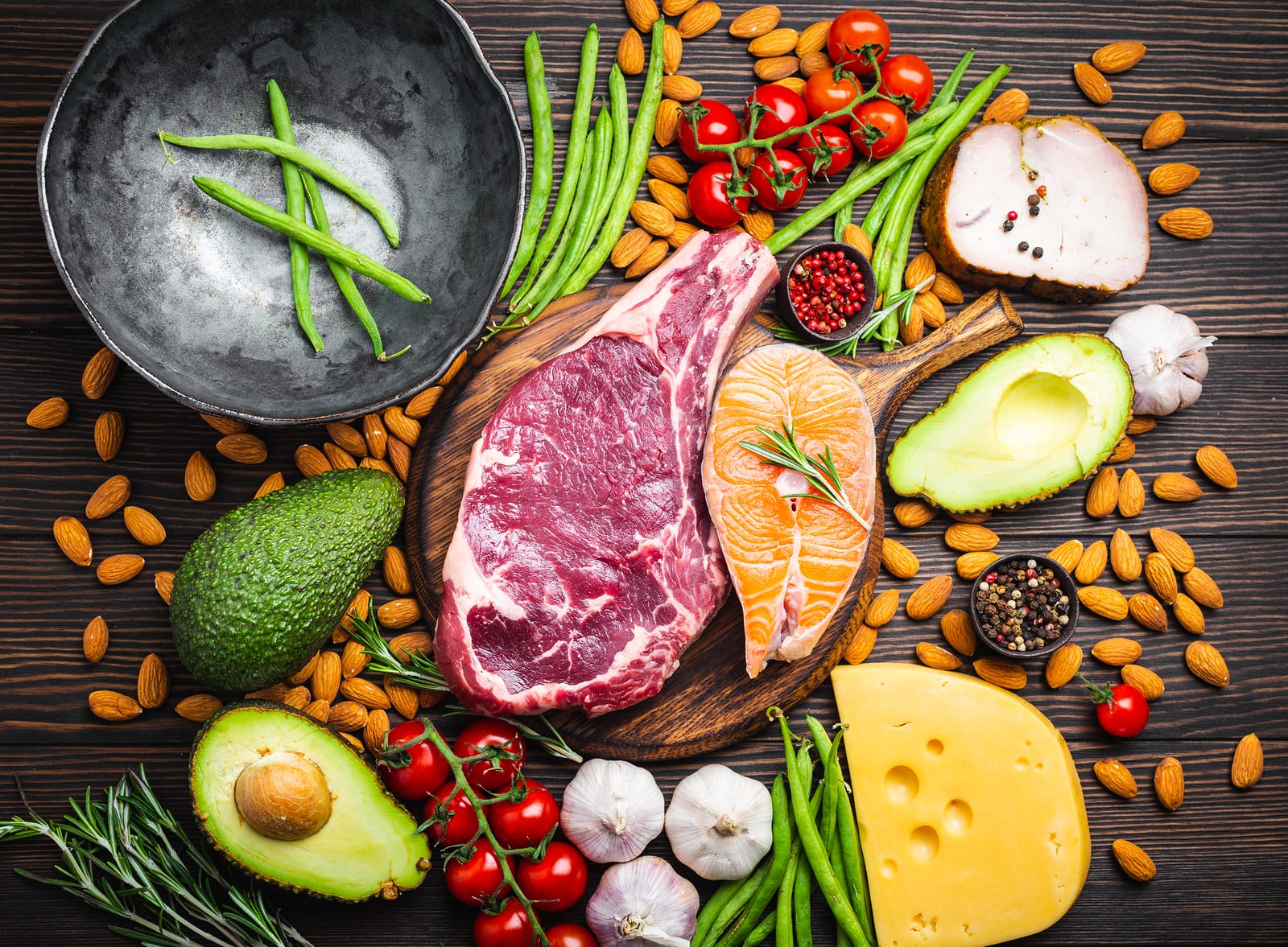Diet is a major part of how our bodies operate. Food is the fuel that we put into the burner, and so it can largely dictate how our bodies grow and respond to the environment, and it can even affect hormone production. While there are several other factors regarding the production of testosterone, the food we eat plays a role. Let’s unpack the causes of lowered testosterone, and what can be done about it.
What Are The Causes Of Low Testosterone?
There can be a wide range of factors when it comes to lowered testosterone production. Over time, production can naturally wane and decrease, or it can be related to pituitary or adrenal gland issues. Diet can also play a part. Some foods provide the nutrients necessary for healthy testosterone production, while others can impede it. Here are some foods you should eat—and some you should avoid—when seeking to boost your testosterone levels.
Food To Boost
Diet doesn’t always return immediate results when it comes to hormone production. Think of it as a way to improve your internal environment so that your body can more easily produce testosterone. Eating foods rich in these nutrients that your body needs to produce testosterone is a better option than just taking supplements because of the overall effect of a healthy diet.
Vitamin D Low-Fat Milk
Vitamin D is a major resource the body needs when it comes to hormone production, specifically testosterone. Milk is an important component of any diet to develop and maintain strong bones and teeth, but with the added benefit of a vitamin D boost, you’re further increasing the benefits.
Zinc Rich Foods
Red meat, beans, and seeds are all excellent sources of zinc. This mineral is important in testosterone production, and when eaten in the right amounts, can provide benefits beyond simply boosting zinc levels. However, eating too much red meat has been linked to serious health risks like raised cholesterol and potential bowel cancer.
Fatty Fish & Fish Oil
Fatty fish—like salmon, sardines, and trout—are full of important omega-3 fatty acids. Fatty acids have been found to have a positive correlation towards improved testicular function, and therefore improved testosterone production. Other benefits include reducing risk factors for heart disease, improved eye health, and even combat depression and anxiety.
Eggs
More specifically, egg yolks. These are great sources of vitamin D as well as other nutrients such as calcium, magnesium, potassium, and more. While you need to keep an eye on your intake if you have known cholesterol issues, most people can safely incorporate this nutrient rich food without much concern.
What To Avoid
Plastic-Wrapped or Canned Foods
According to a 2013 study, those who worked in environments with lots of BPA had lowered testosterone levels. While the average consumer isn’t exposed to nearly that level of BPA, one article found that a vast majority of men attending a fertility clinic had BPA in urine samples. While reducing your intake of foods prepackaged in this way may not make all of the difference, it can’t hurt, and encourages eating fresher foods.
Highly Processed Foods
Trans fats have been linked to decreased testicular function in men. These kinds of fats are most commonly found in highly processed foods that are also high in extra sugar and sodium. Whenever you look at something that might be an easy-to-grab snack or is extra convenient, take a look at the nutritional label to see what you’re putting into your body.
Alcohol
Before we get ahead of ourselves, this does not mean that alcohol should be avoided at all costs, but drinking in excess can have detrimental effects. In one study, it was found that it had a reversing behavior across genders; men who drank more had lower testosterone, and women who drank more had higher.
How Do You Plan For A Testosterone Rich Diet?
Whenever you set out to correct bodily function with diet, it’s important to discuss this with a hormone specialist or a professional nutritionist. Everyone’s bodies work differently, so talking to a professional about your concerns is the best way to get a baseline for yourself.
In the case of lowered testosterone, diet is a great place to start, but a doctor may have other recommendations. Exercise and hormone replacement therapies can also be incorporated alongside dietary changes to further improve testosterone production.





